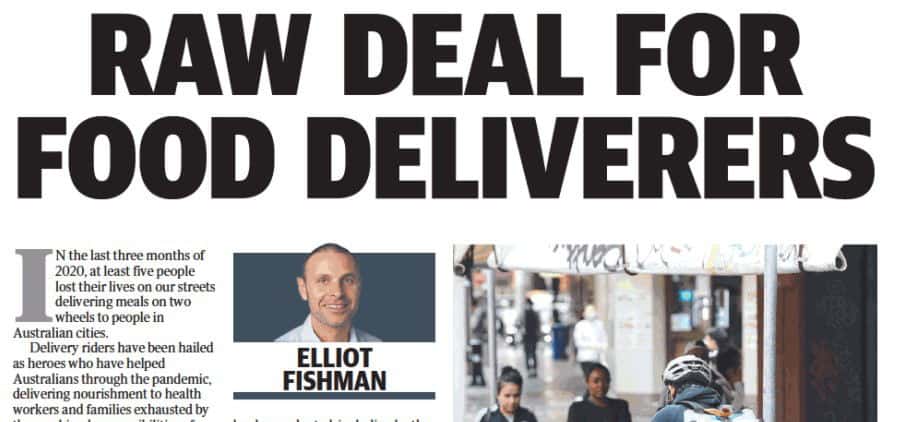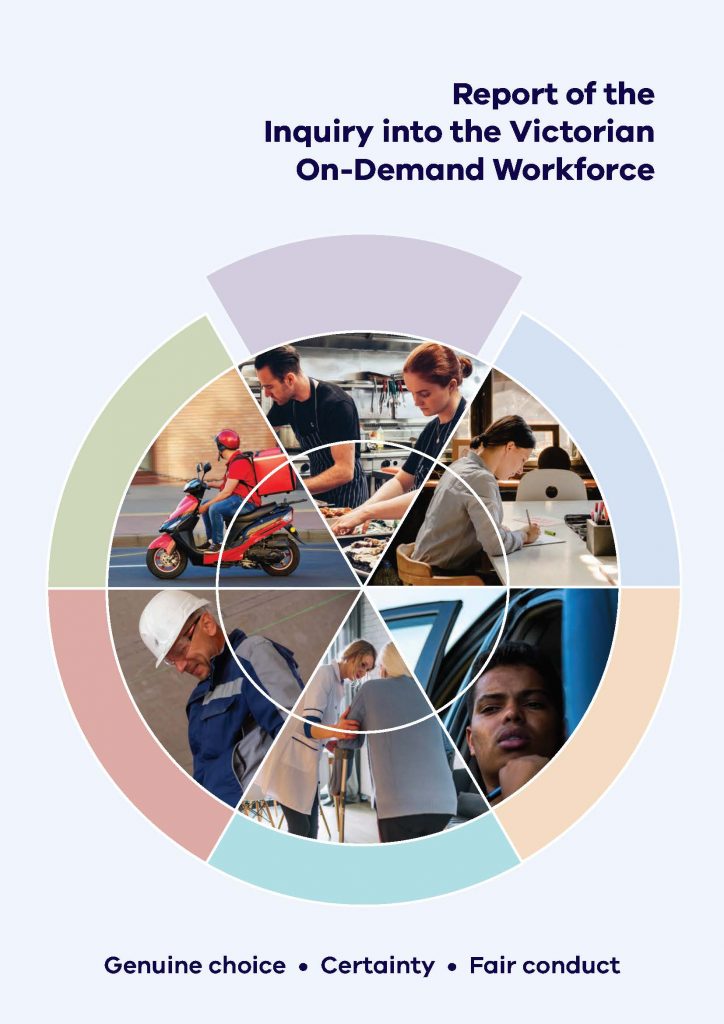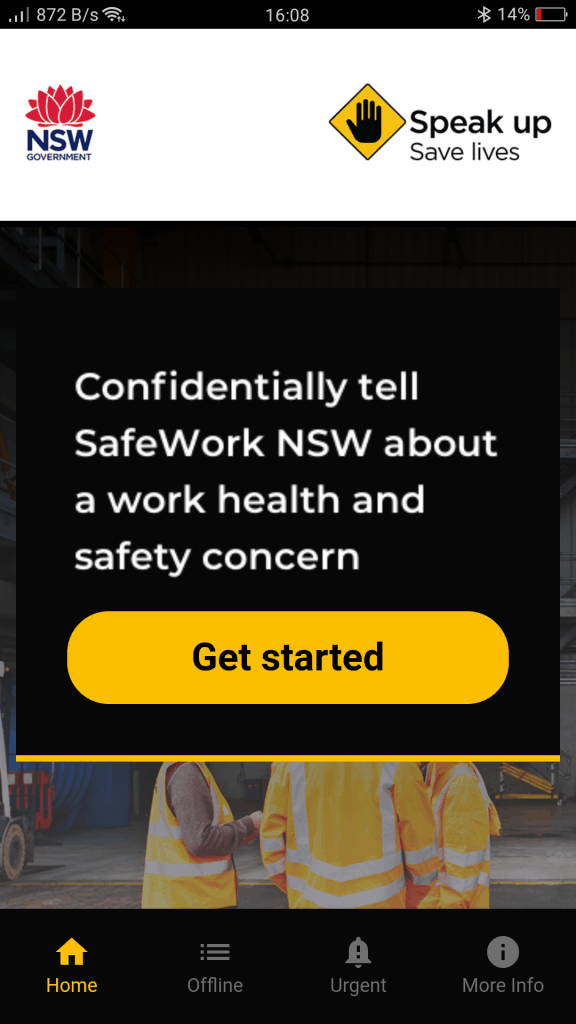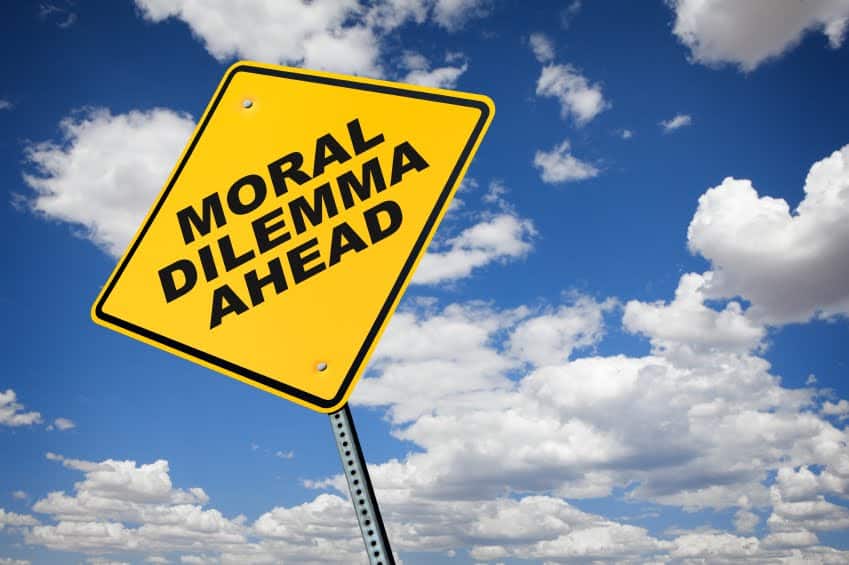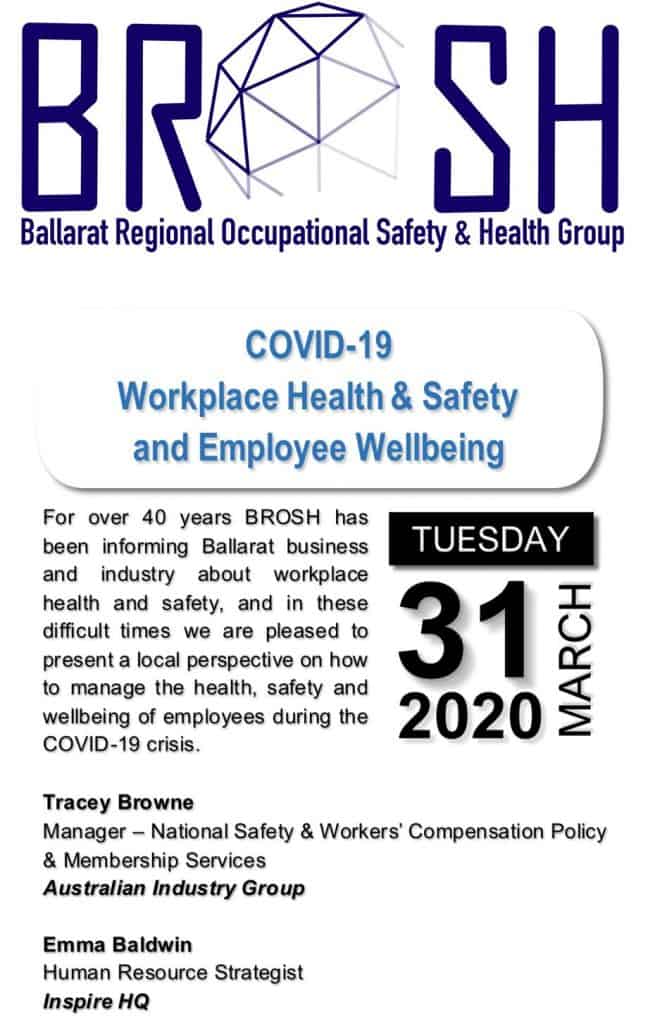One of the best ways to maintain one’s own work-related mental health is to adhere to working hours and keep work communication to the hours you are contracted for. This is not rejecting the workload but is establishing boundaries that will offer a more sustainable job, career and mental health.
However, disconnecting is not as easy as that, and there are potential job or career impacts. These were recently discussed in an article in The Guardian written by Elle Hunt.


